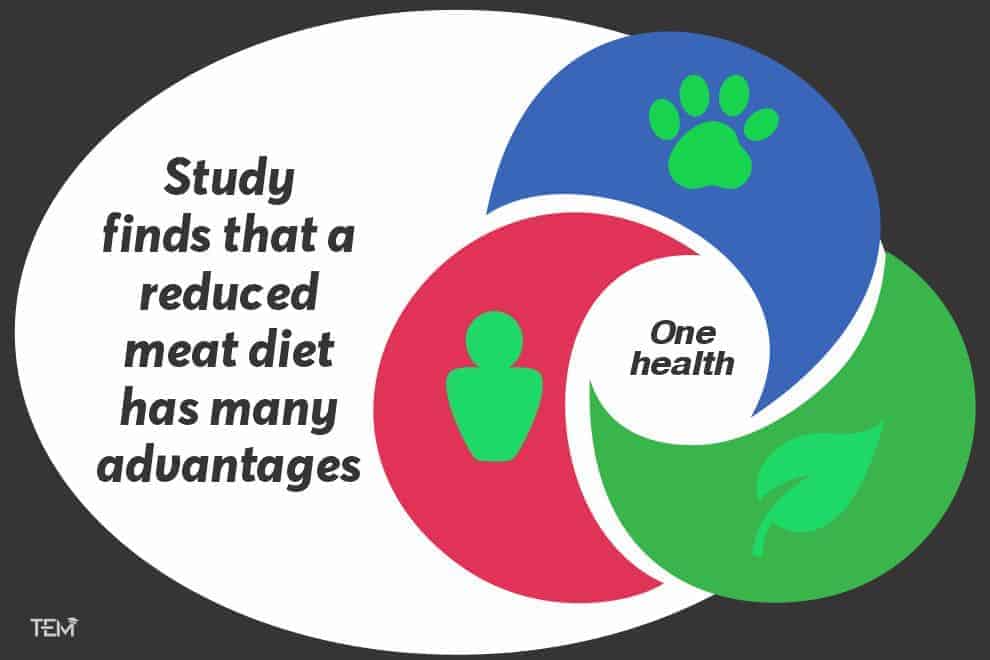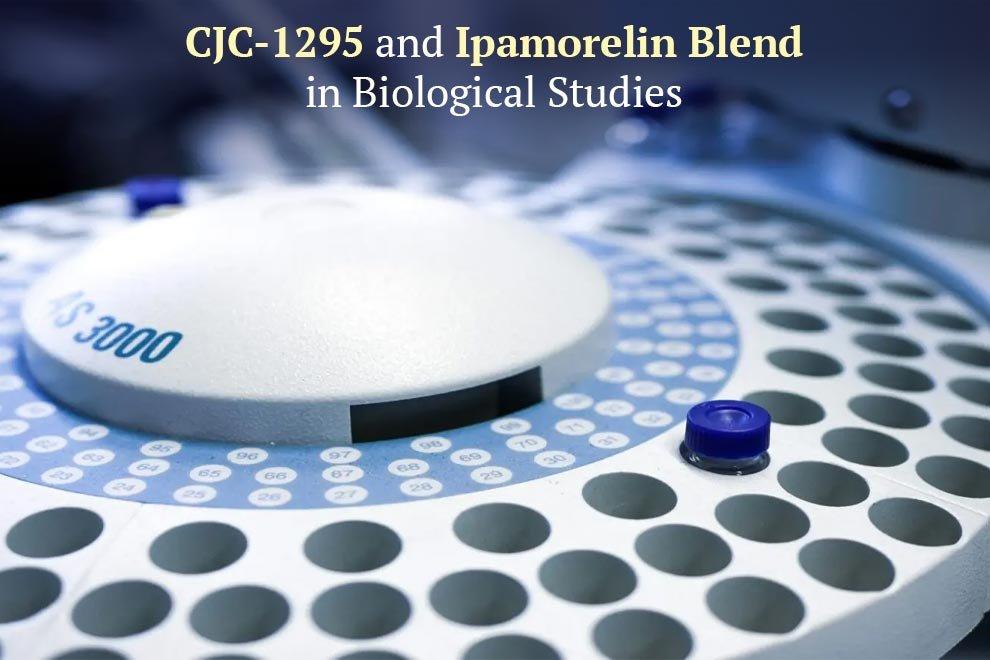Key Highlights:
- Research by the University of Bonn’s Center for Development Research (ZEF) has found that a reduced meat diet may prove to be good for the environment.
- Several markers were used by the researchers to assess the repercussions for animal wellbeing.
- “Meeting less of your total protein demands from animal sources would be helpful,” Neus Escobar stresses.
The “One Health” approach is frequently used by experts to refer to the ideal health of humans, animals, and the environment. “Studies that apply this concept to dietary concerns are still rare,” says Juliana Paris of the University of Bonn’s Center for Development Research (ZEF) (Germany).
Actual food basket compared with three alternatives
Paris, along with others, undertook a study that seeks to cover some of this research void. “To achieve this, we looked at instances of which goods are in people’s food baskets in North Rhine-Westphalia,” she says. “We next compared this reference diet to three distinct scenarios: a change based on the German Nutrition Society’s (DGE) guidelines, a transition to a Mediterranean diet with more fish and shellfish, and a shift to a vegan diet.”
The foods in each of these three situations were chosen to depart as little as possible from the reference diet. “This implies that in the Mediterranean edition, for example, we raised the percentage of fish and shellfish, vegetables, and grain goods,” Paris explains. Furthermore, the total product selection should include the same nutrients incomparable levels as before. The researchers were then able to create a food basket for each situation for further analysis.
“We depended on multiple databases to achieve this,” explains Dr. Neus Escobar of the Institute for Applied Systems Analysis in Austria, who oversaw the project. “They allowed us, for example, to assess the impact of each diet on certain environmental factors, such as the number of greenhouse gases created during manufacturing or the amount of water consumed. To examine the influence of each diet on health, we used a similar technique.” Red meat, for example, has been linked to an increased risk of some malignancies and heart disease.
Vegan Diet for Animal wellbeing
Several markers were used by the researchers to assess the repercussions for animal wellbeing. These included how many animals die as a result of food intake and the circumstances in which they are maintained.
“However, we also utilized the number of neurons or the size of the brain in proportion to the body to evaluate the amount to which the individual animals genuinely suffer when employed,” Juliana Paris says.
From the standpoint of One Health, any of the three diets would be helpful in the long run. However, this comes at the price of other factors. In many ways, the vegan diet came out on top. However, the preparation of vegan food necessitates a greater use of water. “In addition, vegans must supplement essential minerals, such as vitamin B12, vitamin D, and even calcium,” Paris explains.
“Meeting less of your total protein demands from animal sources would be helpful,” Neus Escobar stresses. “Furthermore, many individuals nowadays consume much too much fat in their diets. It is possible that reducing the amount of food they eat to what they truly require might have further good impacts.”
Read More: The Game Changers Documentary Dispels The Meat Protein Myth










